Our past fellows 2021
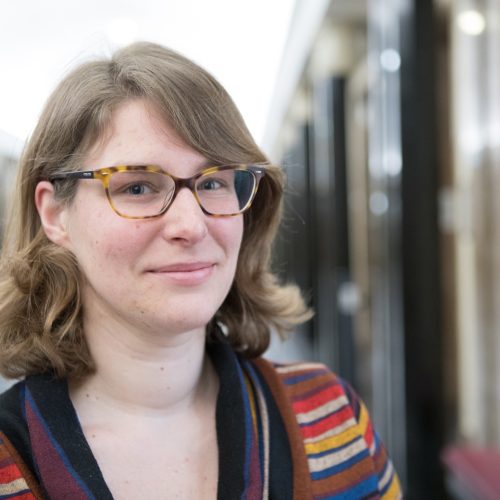
Christina Brauner
Christina Brauner’s research on cross-cultural diplomacy in West Africa, (dis)entanglement, translation, narratives of misunderstanding, and the history of religion has exposed her to the distinct academic cultures in Münster, Bielefeld, Berlin, London, Princeton, and her current academic home in Tubingen. Her work in global history is informed by a strong interest in theory and historical methodology, with a particular focus on the inescapable concepts of time and temporality.
At global dis:connect, Christina investigated markets in the border region of the Lower Rhine, where competition and borders both constituted markets as social institutions and dis:connected the subjects involved.
Click HERE for a list of publications.
Click HERE to email Christina.

Christina Brauner
Click HERE to email Christina.
Click HERE for a list of publications.
Christina Brauner’s research on cross-cultural diplomacy in West Africa, (dis)entanglement, translation, narratives of misunderstanding, and the history of religion has exposed her to the distinct academic cultures in Münster, Bielefeld, Berlin, London, Princeton, and her current academic home in Tubingen. Her work in global history is informed by a strong interest in theory and historical methodology, with a particular focus on the inescapable concepts of time and temporality.
At global dis:connect, Christina is investigating markets in the border region of the Lower Rhine, where competition and borders both constituted markets as social institutions and dis:connected the subjects involved.
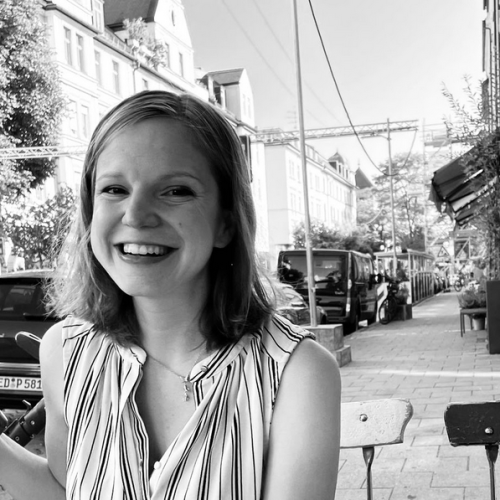
Ann-Sophie Schoepfel
Ann-Sophie Schoepfel’s intellectual background covers history, art history, anthropology, international relations, international law and legal history along with stops in Paris, Heidelberg, Tokyo, Hanoi and Harvard. Her research on the colonialist implications of war-crimes trials in Asia as well as on Vietnamese migration in the context of the Cold War has earned her numerous awards and academic honors.
Ann-Sophie’s research at global dis:connect centred Afro-Asian voices — jurists, writers, and anticolonial revolutionaries — from across the French former colonial empire, as they struggled to reimagine state sovereignty and international law in the Cold War crucible.
Click HERE for a list of publications.
Click HERE to email Ann-Sophie.

Ann-Sophie Schoepfel
Click HERE to email Ann-Sophie.
Click HERE for a list of publications.
Ann-Sophie Schoepfel’s intellectual background covers History, Art History, Anthropology, International Relations, International Law, and Legal History along with stops in Paris, Heidelberg, Tokyo, Hanoi and Harvard. Her research on the colonialist implications of war-crimes trials in Asia as well as on Vietnamese migration in the context of the Cold War has earned her numerous awards and academic honors.
Ann-Sophie’s current research at global dis:connect centers Afro-Asian voices — jurists, writers, and anticolonial revolutionaries — from across the French former colonial empire, as they struggled to reimagine state sovereignty and international law in the Cold War crucible.
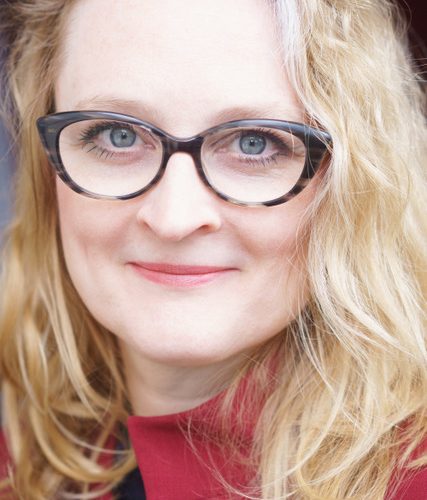
Änne Söll
Änne’s work focuses on the art of the 20th and 21st centuries, particularly on aspects of gender, mainly masculinities. Other areas of interest are period rooms, magazines, photography, video installations and the art of the Weimar Republik, specifically the Neue Sachlichkeit (New Objectivity).
While at global dis:connect, Änne reconstructed the lives of three Jewish art historians — all women — who were forced to flee Germany in the 1930s and went on to forge successful careers as curators in the USA from 1950s onwards. A key question was how the strategies employed by these female art historians bridge the gaps and/or dealt with the voids in their professional careers while trying to re-connect to the global world of art history.
Click HERE for a list of publications.
Click HERE to email Änne.

Änne Söll
Click HERE to email Änne.
Click HERE for a list of publications.
Änne’s work focuses on the art of the 20th and 21st centuries, particularly on aspects of gender, mainly masculinities. Other areas of interest are period rooms, magazines, photography, video installations and the art of the Weimar Republik, specifically the Neue Sachlichkeit (New Objectivity).
While at global dis:connect, Änne is reconstructing the lives of three Jewish art historians — all women — who were forced to flee Germany in the 1930s and went on to forge successful careers as curators in the USA from 1950s onwards. A key question is how the strategies employed by these female art historians bridge the gaps and/or dealt with the voids in their professional careers while trying to re-connect to the global world of art history.
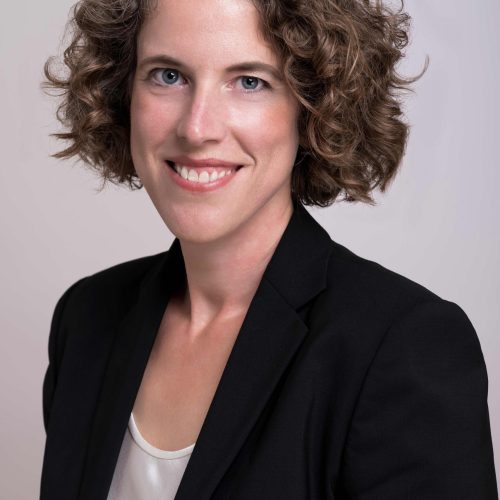
Sabine Sörgel
Sabine Sörgel combines her passion for travel and dance with sophisticated, philosophically informed theories derived from critical theory, philosophy, sociology, and theatre. Through sojourns in Mainz, Aberystwyth, London, and Jamaica, Sabine has published on performance, post-colonial politics, global culture, and the social power implicated in various gazes.
While visiting global dis:connect, Sabine researched how public performances over the last decade have invoked images of race, identity, rights, history and memory.
Click HERE for a list of publications.
Click HERE to email Sabine.

Sabine Sörgel
Click HERE to email Sabine.
Click HERE for a list of publications.
Sabine Sörgel combines her passion for travel and dance with sophisticated, philosophically informed theories derived from critical theory, philosophy, sociology, and theatre. Through sojourns in Mainz, Aberystwyth, London, and Jamaica, Sabine has published on performance, post-colonial politics, global culture, and the social power implicated in various gazes.
While visiting global dis:connect, Sabine is researching how public performances over the last decade have invoked images of race, identity, rights, history, and memory.
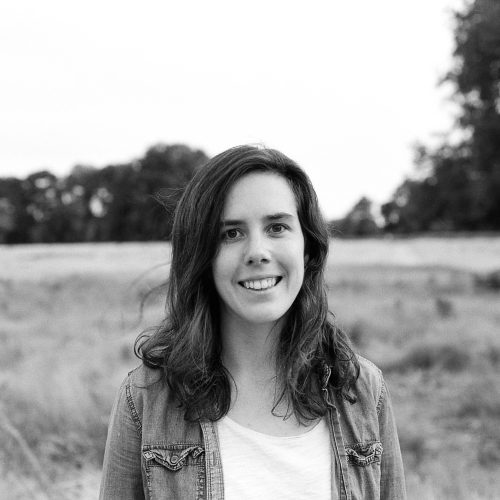
Callie Wilkinson
Callie Wilkinson studies the dramatic expansion of the British Empire in the eighteenth and nineteenth centuries and its sociocultural impact at home and abroad. In previous research projects conducted at Cambridge and the University of Warwick, she has examined how the idea of indirect rule was contested within the British East India Company as well as the contemporary debates on the extent to which information about the Company should be disseminated to the public.
At global dis:connect, Callie is investigating how Company soldiers’ testimony affected broader discourses about the Company’s military operations in an age before professional war correspondents.
Click HERE for a list of publications.
Click HERE to email Callie.

Callie Wilkinson
Click HERE to email Callie.
Click HERE for a list of publications.
Callie Wilkinson studies the dramatic expansion of the British Empire in the eighteenth and nineteenth centuries and its sociocultural impact at home and abroad. In previous research projects conducted at Cambridge and the University of Warwick, she has examined how the idea of indirect rule was contested within the British East India Company as well as the contemporary debates on the extent to which information about the Company should be disseminated to the public.
At global dis:connect, Callie is investigating how Company soldiers’ testimony affected broader discourses about the Company’s military operations in an age before professional war correspondents.
Past Associated Fellows
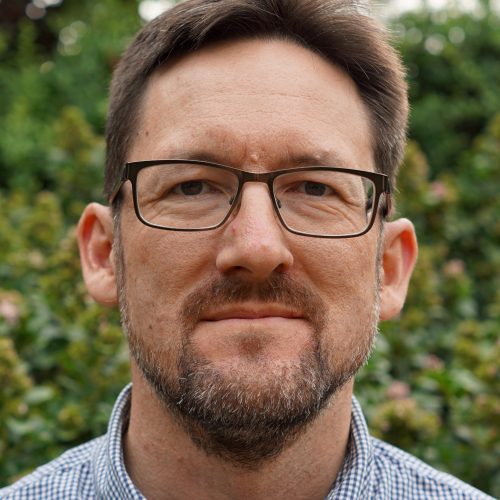
Nathan MacDonald
munich centre for global history
Nathan MacDonald was a short-term fellow in global history at global dis:connect. Nathan is professor of the interpretation of the Old Testament at the University of Cambridge and a Fellow of St John’s College.
At global dis:connect, he worked on the transformations that occurred to the Jerusalem priesthood and its rituals as the small kingdom of Judah experienced dramatic changes during the late first millennium.
Click HERE for a list of publications.
Click HERE to email Nathan.

Nathan MacDonald
munich centre for global history
Click HERE to email Nathan.
Click HERE for a list of publications.
Nathan MacDonald was a Global History short-term fellow at the Kolleg. Nathan is Professor of the Interpretation of the Old Testament at the University of Cambridge and a Fellow of St John’s College.
In Munich, he worked on the transformations that occurred to the Jerusalem priesthood and its rituals as the small kingdom of Judah experienced dramatic changes during the late first millennium.
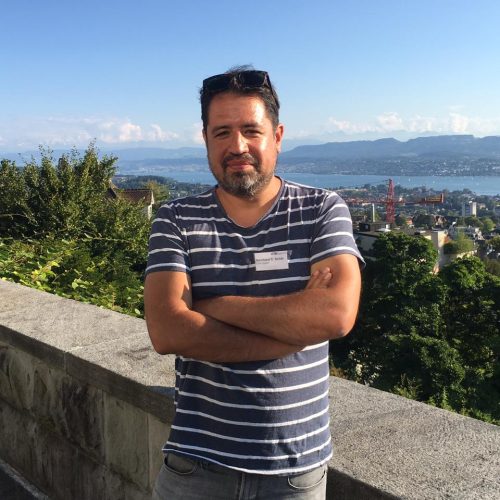
Bernhard Schär
msca fellow

Bernhard Schär
msca fellow
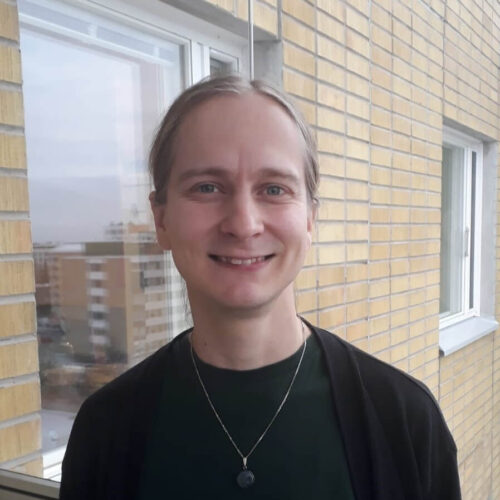
Mikko Toivanen
the osk. huttunen foundation
Mikko Toivanen was is working on a postdoctoral project entitled “Staging a Colonial Capital: The Construction of Public Space in Singapore and Batavia through Spectacle and Ceremony, 1845-1870.” The project examines the development of urban culture and ceremonial use of public space in Southeast Asia in the late 19th century, while seeking to address contemporary debates about imperial legacies in postcolonial urban landscapes.
Click HERE for a list of publications.
Click HERE to email Mikko.

Mikko Toivanen
the osk. huttunen foundation
Click HERE to email Mikko.
Click HERE for a list of publications.
Mikko Toivanen (Florence/Warsaw) was a fellow funded by the Osk. Huttunen Foundation. He is working on a postdoctoral project entitled “Staging a Colonial Capital: The Construction of Public Space in Singapore and Batavia through Spectacle and Ceremony, 1845-1870.” The project examines the development of urban culture and ceremonial use of public space in Southeast Asia in the late 19th century, while seeking to address contemporary debates about imperial legacies in postcolonial urban landscapes.






